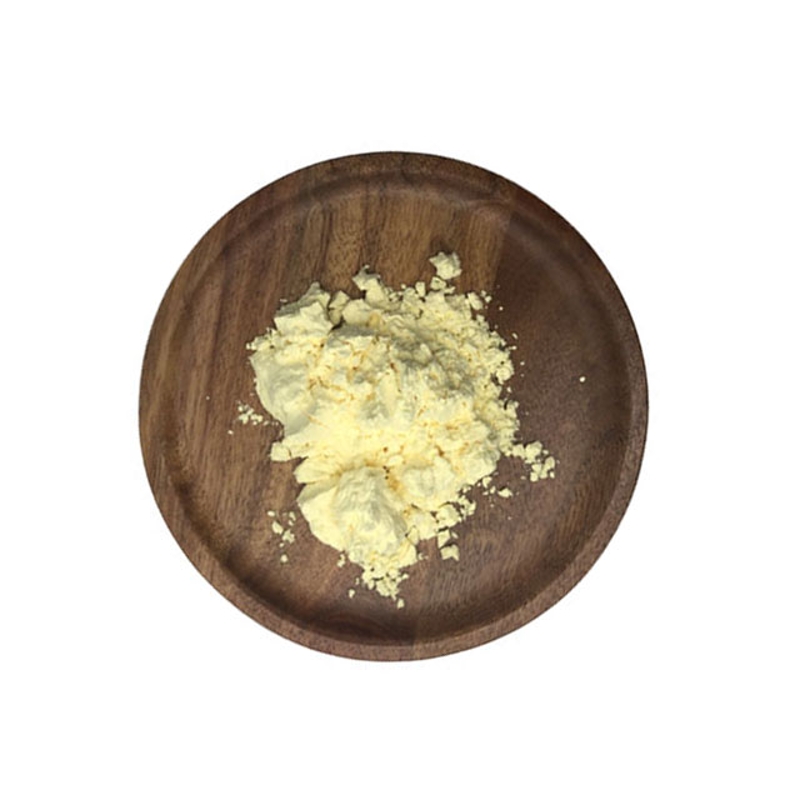JEM: The King of Cancer Research's New Discovery! Blocking cell cholesterol storage may inhibit the progression of pancreatic cancer.
-
Last Update: 2020-07-17
-
Source: Internet
-
Author: User
Search more information of high quality chemicals, good prices and reliable suppliers, visit
www.echemi.com
July 11, 2020 // In a recent study published in the international journal Journal of Medicine, scientists from cold spring port labs and other institutions have found that interfering with the growth and progression of pancreatic cancer cells by interfering with cell storage cholesterol may be possible to disrupt the growth and progression of pancreatic cancer cellsPhoto Source: Tobiloba Oni, Tuveson lab/CSHL researcher David Tuveson, said: 'We want to clarify why, like many cancer cells, pancreatic cancer cells produce large amounts of cholesterol, which is a necessary component in the cell membrane, but the researchers were surprised that pancreatic cancer cells may produce far more cholesterol than support their growth, which is unusual because cholesterol pathways are the most common regulatory pathway in the body's metabolismmost cells produce the cholesterol they need, and once cholesterol is enough, the cells quickly shut down the synthesis pathway for cholesterol, but the researchers found that cancer cells convert most of the cholesterol they produce into a form that can be stored in cells, so that free cholesterol does not accumulate, while the synthesis pathway continues to produce free cholesterolcancer cells in pancreatic cancer seem to rely on this overactive cholesterol synthesis to continue to advance, the researchers believe, perhaps because they can use the same pathway to produce other molecules, thanks to the help of an enzyme called SOAT1 (sterol O-cyltransferase 1, sterol O-acyltransferase 1), cancer cells can maintain the operation of their pathways and maintain daily supply, SO1 can convert free cholesterol into storage formswhen researchers removed the enzyme SOAT1 through genetic modification, they found that it inhibited cancer cells from converting and storing cholesterol, while cancer cells stopped proliferating, and in animal experiments the researchers found that removing SOAT1 enzymes could stagnant tumor growthmore importantly, the researchers found that removing SOAT1 affects only cells with two p53-copy mutations, a genetic change that may contribute to cancer progression, which is very common in tumors in the patient's body; Original source of: Tobiloba EOni, Giulia Biffi, Lindsey ABaker, et alSOAT1 promotes mevalonate tha in the cancer, Journal of The B.IMedicine (2020) doi: 10.1084/jem.20192389.
This article is an English version of an article which is originally in the Chinese language on echemi.com and is provided for information purposes only.
This website makes no representation or warranty of any kind, either expressed or implied, as to the accuracy, completeness ownership or reliability of
the article or any translations thereof. If you have any concerns or complaints relating to the article, please send an email, providing a detailed
description of the concern or complaint, to
service@echemi.com. A staff member will contact you within 5 working days. Once verified, infringing content
will be removed immediately.







